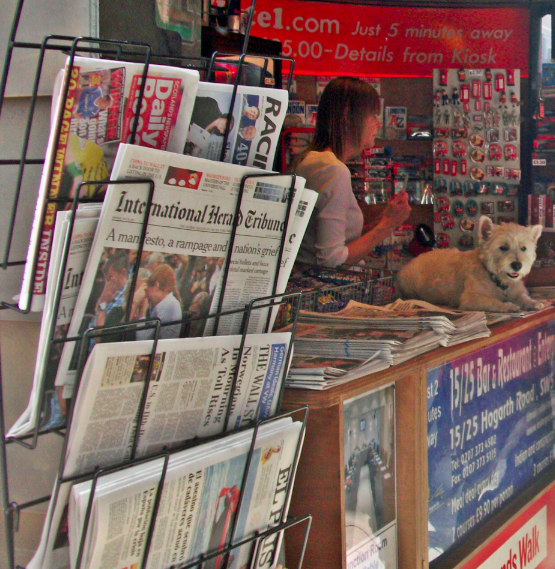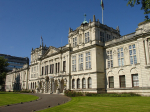
The UK government will now allow foreign states to own up to a 15% stake in British newspapers and news magazines under new legislation aimed at balancing media independence with
financial sustainability.
This policy shift comes after last year’s controversial takeover attempt of The Telegraph and The Spectator by RedBird IMI, a firm backed by Abu Dhabi’s ruling family. That deal triggered a political backlash and led the Conservative government to impose a ban on foreign-state ownership of UK news outlets.
Under the revised law, announced Thursday, State Owned Investors (SOIs)—such as sovereign wealth funds and public pension schemes—can now acquire minority stakes in UK media organizations. Culture Secretary Lisa Nandy said the changes aim to preserve "media plurality" while enabling struggling publishers to secure crucial investment.
Following a government consultation, Labour ministers concluded that a blanket ban was overly restrictive and could hinder the financial stability of media companies. The 15% threshold for ownership or voting rights was deemed “the most effective, simple and proportionate” solution.
The original ban was introduced after Lloyds Bank took control of The Telegraph and The Spectator from the Barclay family in June 2023, seeking to recover £1 billion in debt. Soon after, Sheikh Mansour bin Zayed Al Nahyan—owner of Manchester City FC—backed a £600 million bid from RedBird to acquire the titles. That prompted widespread concern in Parliament about foreign influence over British journalism.
As a result, the Digital Markets, Competition and Consumers Act 2024 was passed, barring foreign states from gaining ownership, control, or significant influence over UK media.
Since then, The Spectator was sold for £100 million to hedge fund billionaire Sir Paul Marshall, who appointed former cabinet minister Lord Gove as its editor.
In a statement, Nandy emphasized the government's commitment to press freedom: “Britain’s free and independent press is a national asset like no other. We’re fully safeguarding it from foreign state control while ensuring media organisations can access essential funding. This is a balanced and proportionate approach that supports press sustainability without compromising public interest.” Photo by Duncan Harris from Nottingham, Britain, Wikimedia commons.









































